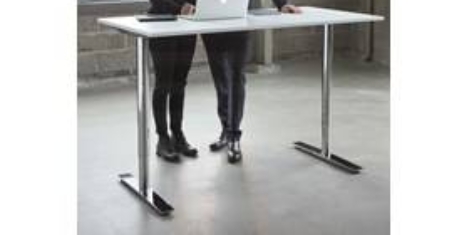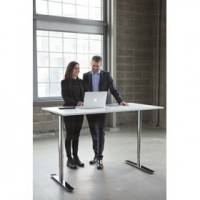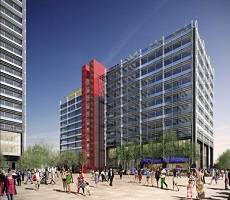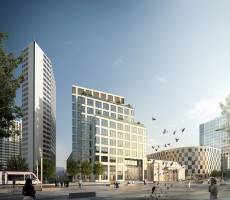May 11, 2015
National prevention strategy called for to help workers with mental ill health
 Nearly half (46%) of workers struggle to switch off from work, a new survey has revealed. The survey by YouGov of over 2,000 British adults, commissioned by the Mental Health Foundation to mark the beginning of Mental Health Awareness Week (11 – 17 May) reports many people always or often feeling stressed (29%), anxious (24%) and depressed (17%). With the survey showing nearly two thirds of people (65%) likely to take part in activities that reduce stress, the Mental Health Foundation is calling for a national prevention strategy to reduce the risk of problems and for mindfulness to be more widely practised. Mindfulness Based Cognitive Therapy is recommended by the National Institute of Health and Care Excellence (NICE) and endorsed in the Chief Medical Officer’s Mental Health report, for reducing the risk of depression.
Nearly half (46%) of workers struggle to switch off from work, a new survey has revealed. The survey by YouGov of over 2,000 British adults, commissioned by the Mental Health Foundation to mark the beginning of Mental Health Awareness Week (11 – 17 May) reports many people always or often feeling stressed (29%), anxious (24%) and depressed (17%). With the survey showing nearly two thirds of people (65%) likely to take part in activities that reduce stress, the Mental Health Foundation is calling for a national prevention strategy to reduce the risk of problems and for mindfulness to be more widely practised. Mindfulness Based Cognitive Therapy is recommended by the National Institute of Health and Care Excellence (NICE) and endorsed in the Chief Medical Officer’s Mental Health report, for reducing the risk of depression.


































May 11, 2015
Does declining productivity spell the end for IT and property directors?
by John Blackwell • Comment, Facilities management, Property, Technology, Work&Place
(more…)